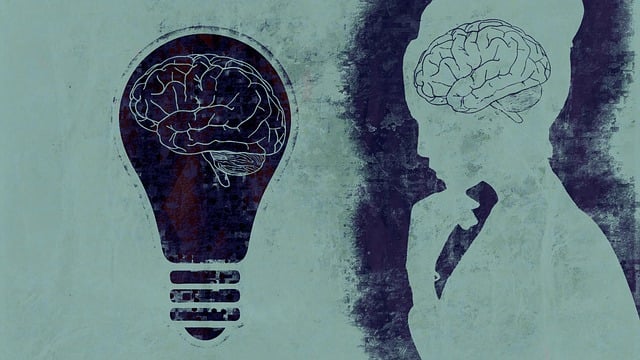Suicide among children is a growing concern, prompting communities to implement robust outreach strategies. These programs focus on identifying at-risk youth and providing tailored therapy, including self-awareness exercises and trauma support, to build inner strength. By fostering open dialogue about mental health, these initiatives reduce suicide's impact, equip young people with coping mechanisms, and promote resilience. Key strategies involve integrating therapy into school curricula and using creative campaigns to reach underserved populations, ultimately aiming to mitigate risks associated with mental health crises and create resilient communities.
Community outreach programs play a vital role in addressing critical mental health issues, particularly suicide prevention among children. This article explores strategies to implement effective therapy-based initiatives, focusing on understanding the unique needs of young individuals susceptible to such crises. By examining the impact of suicide on children and designing tailored programs, communities can foster resilience and provide long-term support. Key sections include understanding the need for suicide prevention in youth, creating successful outreach models, and engaging communities for lasting change, emphasizing therapy as a powerful tool.
- Understanding the Need: Unveiling the Impact of Suicide on Children
- Designing Effective Therapy-Based Outreach Programs
- Strategies for Community Engagement and Long-Term Support
Understanding the Need: Unveiling the Impact of Suicide on Children

Suicide among children is a growing concern, highlighting the urgent need for comprehensive outreach and support systems. Understanding the complex factors contributing to youth suicide is crucial for developing effective prevention strategies. Many young individuals struggle with mental health issues, such as depression and anxiety, which often go unnoticed or unaddressed, leading to devastating outcomes.
Community-based programs focused on suicide prevention can play a pivotal role in identifying at-risk children and providing them with essential therapy for children. Implementing self-awareness exercises and trauma support services can help nurture inner strength development, enabling young people to cope with challenging circumstances. By fostering open conversations about mental health and emotional well-being, these initiatives ensure that children receive the necessary support and guidance, ultimately reducing the impact of suicide on their lives and communities.
Designing Effective Therapy-Based Outreach Programs

Designing effective therapy-based outreach programs requires a nuanced approach to address sensitive issues like children’s mental health and suicide prevention. These initiatives should incorporate evidence-based practices tailored to the specific needs of the community. For instance, integrating conflict resolution techniques into school curricula can foster healthier interpersonal dynamics, thereby reducing potential triggers for suicidal ideation.
Mental health awareness campaigns play a pivotal role in normalizing conversations about depression prevention. By engaging community leaders and utilizing creative platforms, these programs can reach underserved populations, offering valuable resources and support. The ultimate goal is to equip individuals with coping strategies, promote resilience, and ensure children have access to timely therapy, ultimately mitigating risks associated with mental health crises.
Strategies for Community Engagement and Long-Term Support

Effective community outreach programs require a strategic approach to engage and build long-term support within the community. One key strategy is to foster Mental Health Awareness through educational workshops, seminars, and interactive sessions in schools, community centers, and public spaces. These initiatives can help break down stigma associated with mental health issues and encourage open dialogue, especially among vulnerable groups such as children. By empowering individuals with knowledge about recognizing and managing their emotional well-being, these programs contribute to the overall Risk Management Planning for mental health professionals by reducing the prevalence of mental health crises.
Additionally, implementing therapy services tailored for children can significantly impact their emotional healing processes. Therapy for Children Suicide Prevention programs, for instance, can identify at-risk individuals early and provide essential support. These initiatives not only offer short-term relief but also serve as a foundation for building resilient communities where mental health is prioritized. By addressing the root causes of distress and providing accessible resources, community outreach programs can create a lasting positive impact, ensuring better outcomes for both individuals and the community at large.
Community outreach programs play a pivotal role in addressing the growing concern of child suicide. By integrating therapy-based initiatives, fostering community engagement, and providing long-term support, we can create a safer and more supportive environment for at-risk youth. These programs are not just about preventing suicide; they are about empowering communities to recognize signs, offer help, and ultimately save lives. With the right strategies in place, we can ensure that children struggling with mental health issues receive the therapy they need, breaking down barriers and fostering resilience within our communities.














